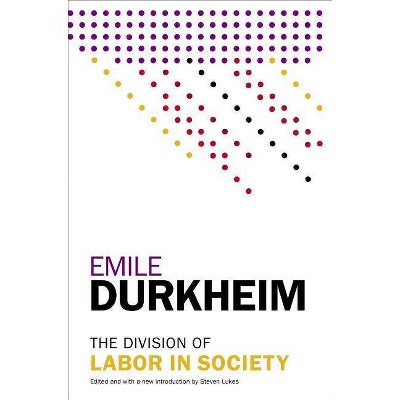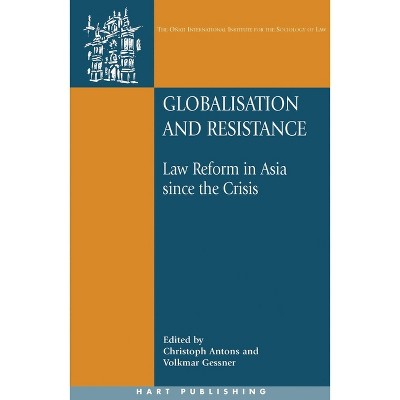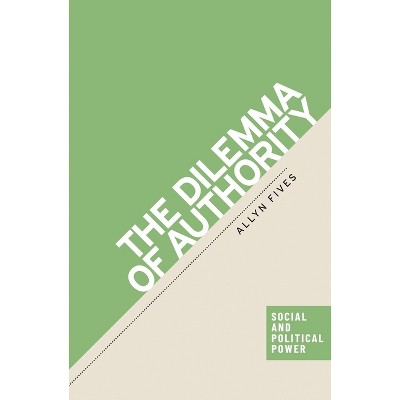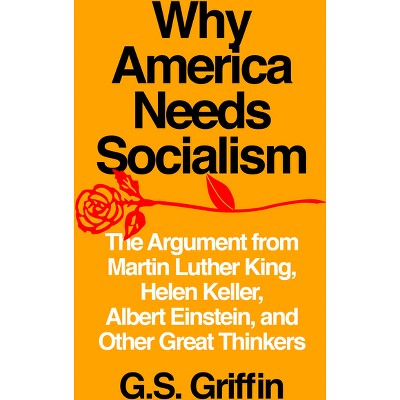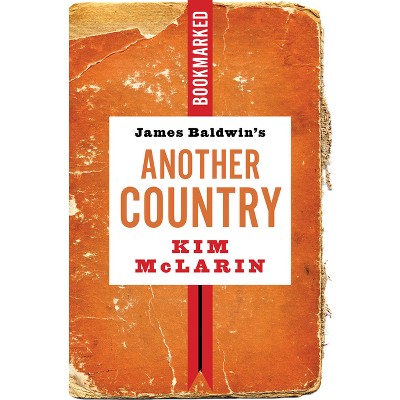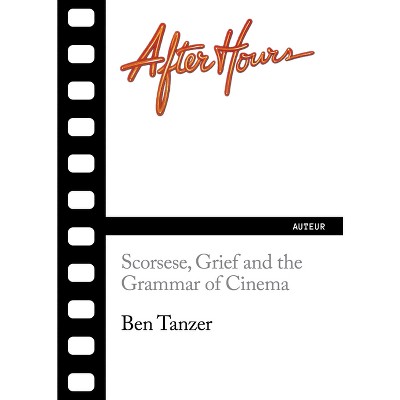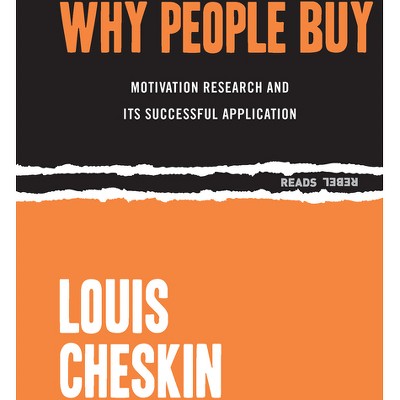Sponsored

The Hidden Island - by Abraham Jiménez Enoa (Paperback)
In Stock
Sponsored
About this item
Highlights
- "Abraham Jiménez Enoa writes like an angel and has an impressively keen social radar...He's an exceptional interlocutor, and, for readers of this unmissable book, he's an empathic, sincere guide to his Cuba, a country as beautiful and beloved as it is sad and unjust.
- Author(s): Abraham Jiménez Enoa
- 226 Pages
- Political Science, Censorship
Description
Book Synopsis
"Abraham Jiménez Enoa writes like an angel and has an impressively keen social radar...He's an exceptional interlocutor, and, for readers of this unmissable book, he's an empathic, sincere guide to his Cuba, a country as beautiful and beloved as it is sad and unjust."--Jon Lee Anderson
The work of one of the most powerful new voices in independent Cuban journalism, The Hidden Island is a searing portrait of life in contemporary Cuba, where the struggles of ordinary citizens collide with the brutal repression of the government.
In this powerful collection of essays, we encounter a memorable and diverse cast of regular Cubans who are trying to survive with few resources and little hope--including a female boxer in a country that has long outlawed women's boxing, a boy who collects money for the country's underground lottery, a male gigolo, and the residents of a neighborhood that is so poor that the government doesn't officially recognize its existence. We also meet the homeless, and vendors who eke out a meager living by selling fruit and vegetables, scraping by in a former socialist paradise.
Jiménez Enoa juxtaposes these ordinary lives against the repressive tactics of the government, or "regime." He describes his "walks" around Villa Marista, the headquarters of the secret police, and the spies, confidantes, informers and regime sympathizers who crush anyone who questions the official narrative, which forces many independent journalists into exile. In a final self-portrait in the book about his own exile, Jiménez Enoa writes that, "to escape from Cuba is to fall into the world, to realize that Cuba is an island that has been hijacked by a political system which ensures that the country remains locked inside the twentieth century."
Shipping details
Return details
Frequently bought together


Trending Non-Fiction






